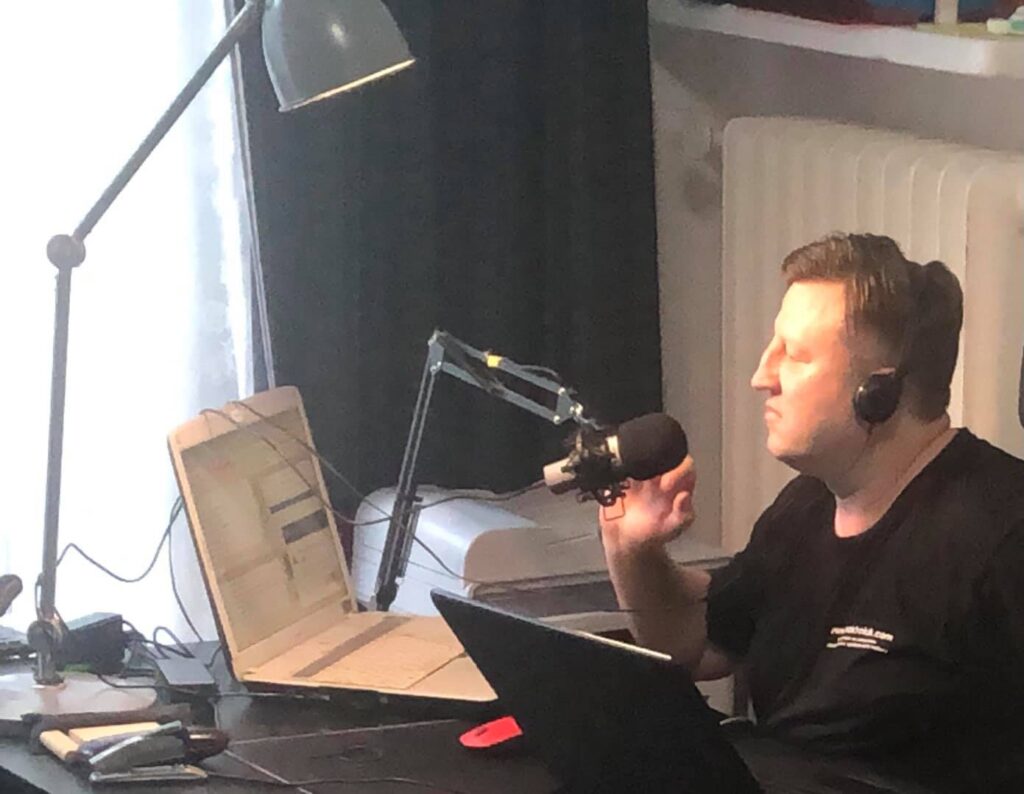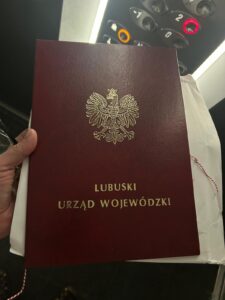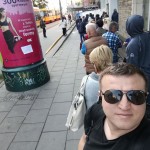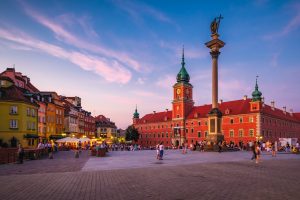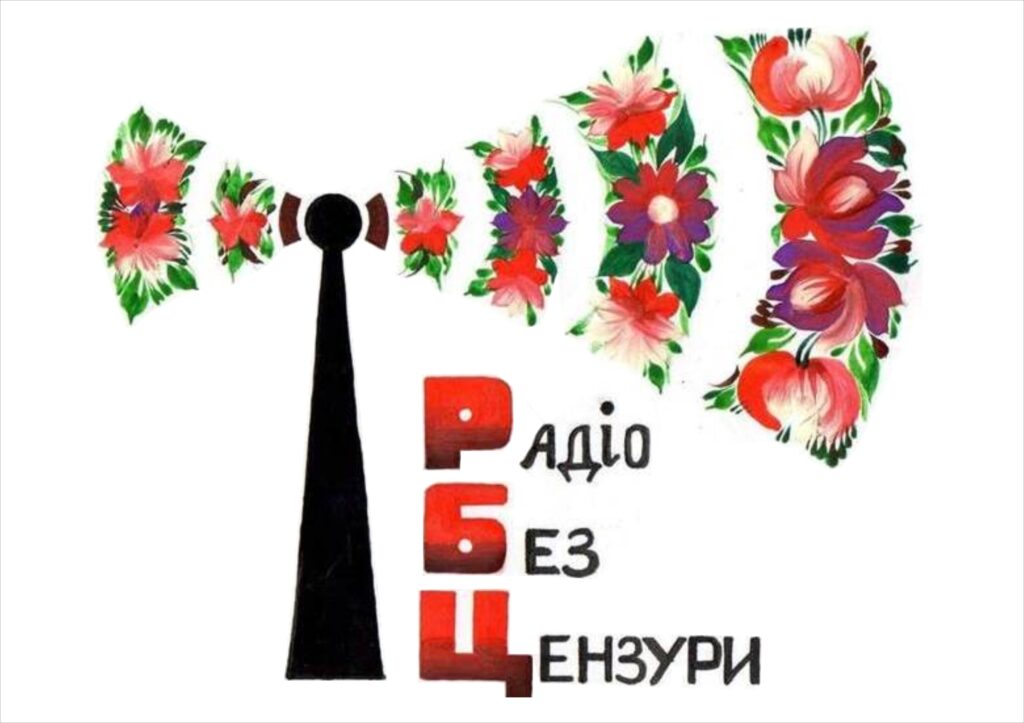Хочете, щоб Україну почули у світі через літературу? Найкоротший шлях – за лінком
Oleh Shynkarenko’s novel Kaharlyk began on Facebook as a series of bulletins from an alternative reality. He created fragments of concrete music, mixing sounds such as Serbian liturgical melodies, washing machines and cows mooing to develop a soundscape for his world. The book is written entirely in blocks of 100 words. Andrei Kurkov, a Penguin published author, describes it as a “hologrammatic” novel, a series of “beautifully crafted puzzles”.

But the book tells a story. It is set in Ukraine after a war with Russia. A man has lost his memory because the Russian military has used his brain to control military satellites. He regains consciousness in a mysterious hospital-like building and begins a pilgrimage to find his past. He journeys to Kaharlyk, a town where time has stood still following the testing of an experimental weapon. The book is an Odyssey as magical as Alice’s tumble through the looking glass or Gulliver’s first footprint on the sands of Lilliput.

Oleh wrote the novel while Ukraine was undergoing the Revolution of Dignity in 2014 to 2015. Ukrainians piled barricades of burning tyres on the streets of their capital and overthrew a dictator who had an estate roamed by Ostriches, and palaces that would have made Nero blush. Ukraine’s literature is routinely ignored. This book will help the country’s voice be heard. When we have translated Kaharlyk we will publish it via Kalyna Language Press. We will use our contacts in literary circles and the book trade to make sure that the novel reaches as wide an audience as possible. It’s going to be a crazy ride. Join us.
PS and don’t just take our word that it’s a great book. The opening paragraphs are below:
100
Everything I could imagine resembled Kaharlyk. But what was Kaharlyk, what did it look like, and where was it? It seemed spherical, apple sized, its very uneven surface covered in deformed growths. Some saw its unique beauty, but I did not know these people. Perhaps they gave me Kaharlyk to learn something important or to simply smooth out its surface. However, I did not learn and forgot everything they said. Only two words penetrated the dirty windowpane: “recollections” and “diving”. This was clearly a summons, but to what? Where was the verb? Kaharlyk melted, a key I could not reach.
200
Suddenly Olena’s face appeared, a wet maple leaf the wind plastered against the windowpane. She looked intensely at me for a moment then her face darkened. I saw her standing on the snow-covered road. Her green, knitted cap gathered the colourless vista around. Then everything accelerated unexpectedly. Olena was wafted away, a photograph swirled off a table. The photograph of my wife she took some years ago and never showed me. Or perhaps I took it. When I find her I will ask. This place seems to be a hospital. I am alone in a room with white walls.
300
I need to work out where I am, I should probably call for someone. This place resembles a village, a very small town. Fifteen minutes ago I saw a cow or an obese horse through the window. It’s unlikely big creatures roam city streets. A feral pack of urban cats could devour a herd of cows in a year. Any movement evoked a few recollections and some understanding of my situation. But then part of the knowledge acquired earlier evaporated. I rose and went to the window. The inscription “Diving into Recollections” was a large advertisement for a digital camera.
400
The sun reached noon. The clock on the wall barely moved lethargic hands to eleven. Four minutes or four days had passed since the beginning, it’s hard to say. I went to the door, pushed. It opened on a long, spectrally illuminated corridor with a dead end. I followed it peering right and left for an exit. The doors were closed; then an open door. Someone was sitting at a table in the room. His thick-lensed glasses made his eyes like those of a fish. He had clearly been looking at the door for a while, hearing my footsteps. 500 He looked with interest but without empathy, like people look at cockroaches. ‘Have you seen the girl in the green cap?’ I asked. ‘I think she was on the street just now.’ ‘I have only seen a girl in a red cap, but not today.’ He stood and came towards me. ‘If you saw something on the street, amend the time. It was long ago. Think of it as them showing you archive video footage.’ I understood nothing. ‘How can I find her?’ ‘Best leave here and look in Kaharlyk. She is probably there.’
THE END… for now… will you help us to continue the story?
Risks and challenges
Our main risk is that we will not make enough money to fund the translation. This will further damage the image of Ukrainian literature. Many publishers are convinced that there is no market for Ukrainian culture – this in turn means that Ukraine’s past is often seen through the imperialist eyes of some Russian authors. English readers, for example, if they are aware of Hetman Skoropadskyi, know him as the swaggering fop portrayed by Bulgakov. Ukrainians are often either invisible or portrayed negatively in the work of these authors. But Ukraine’s rebellious spirit has set winter on fire. It is time we listened to them.

